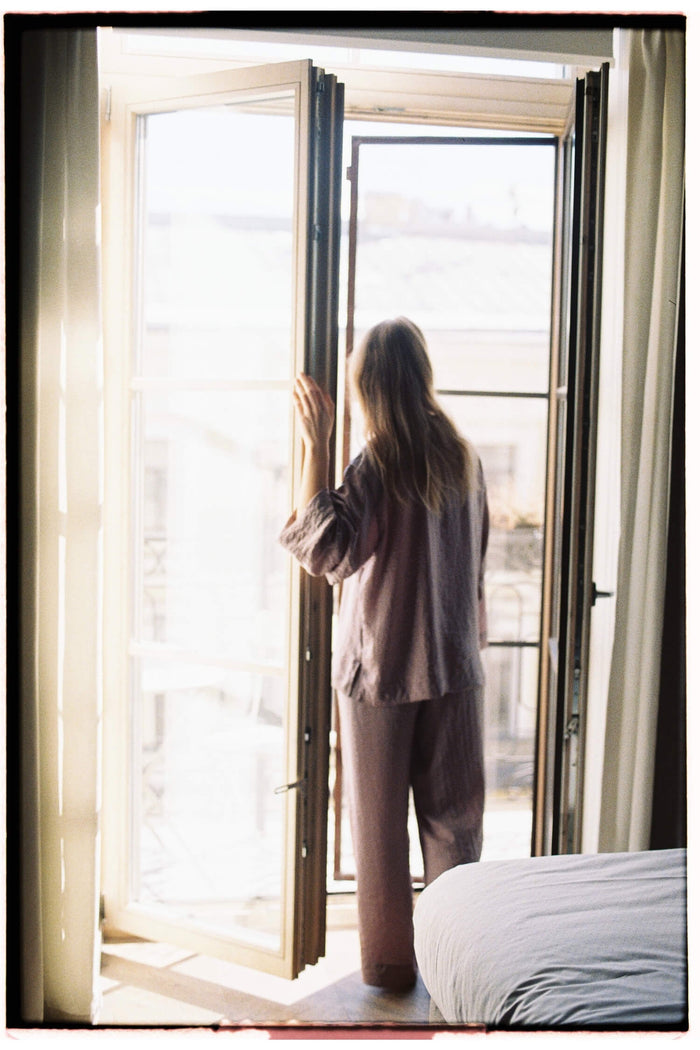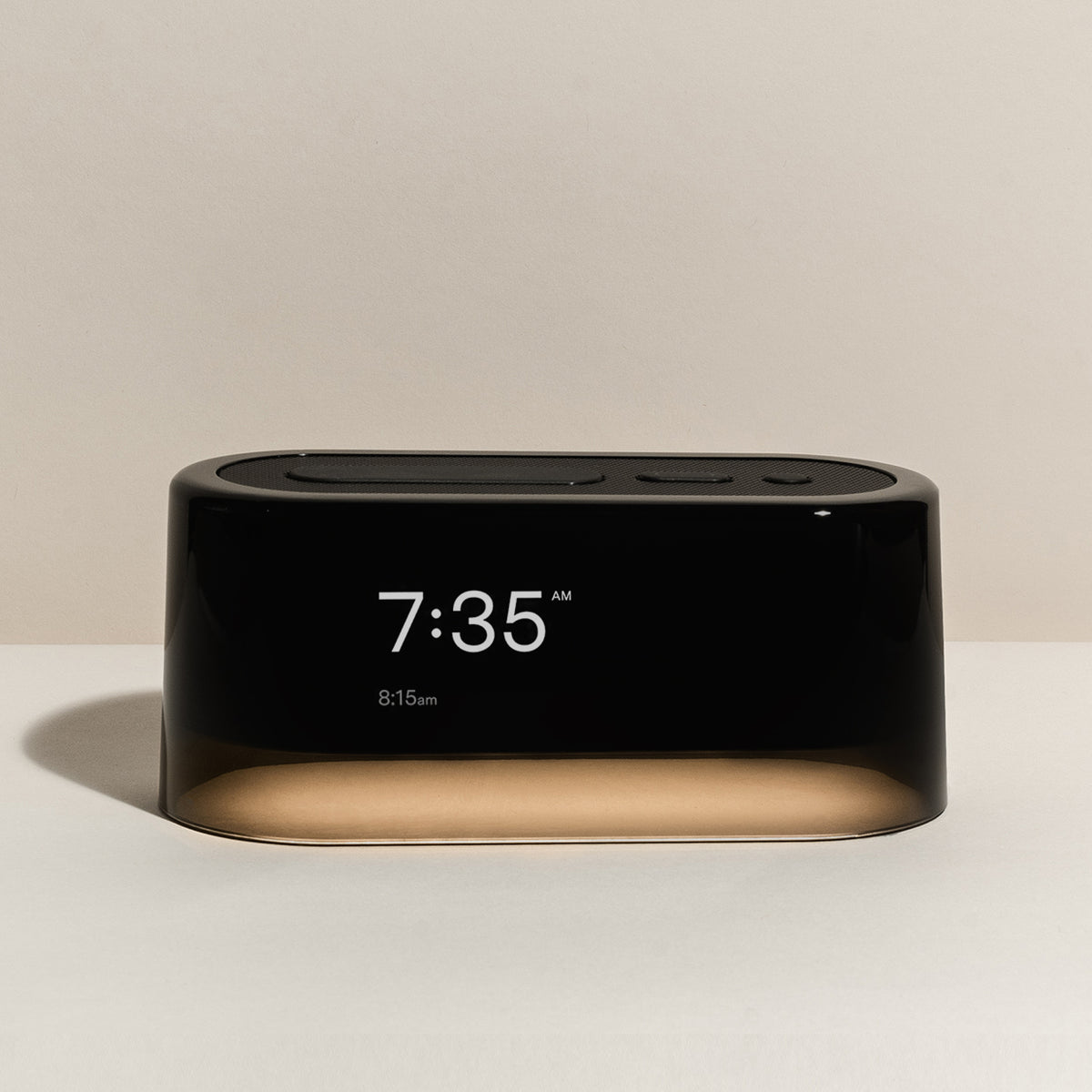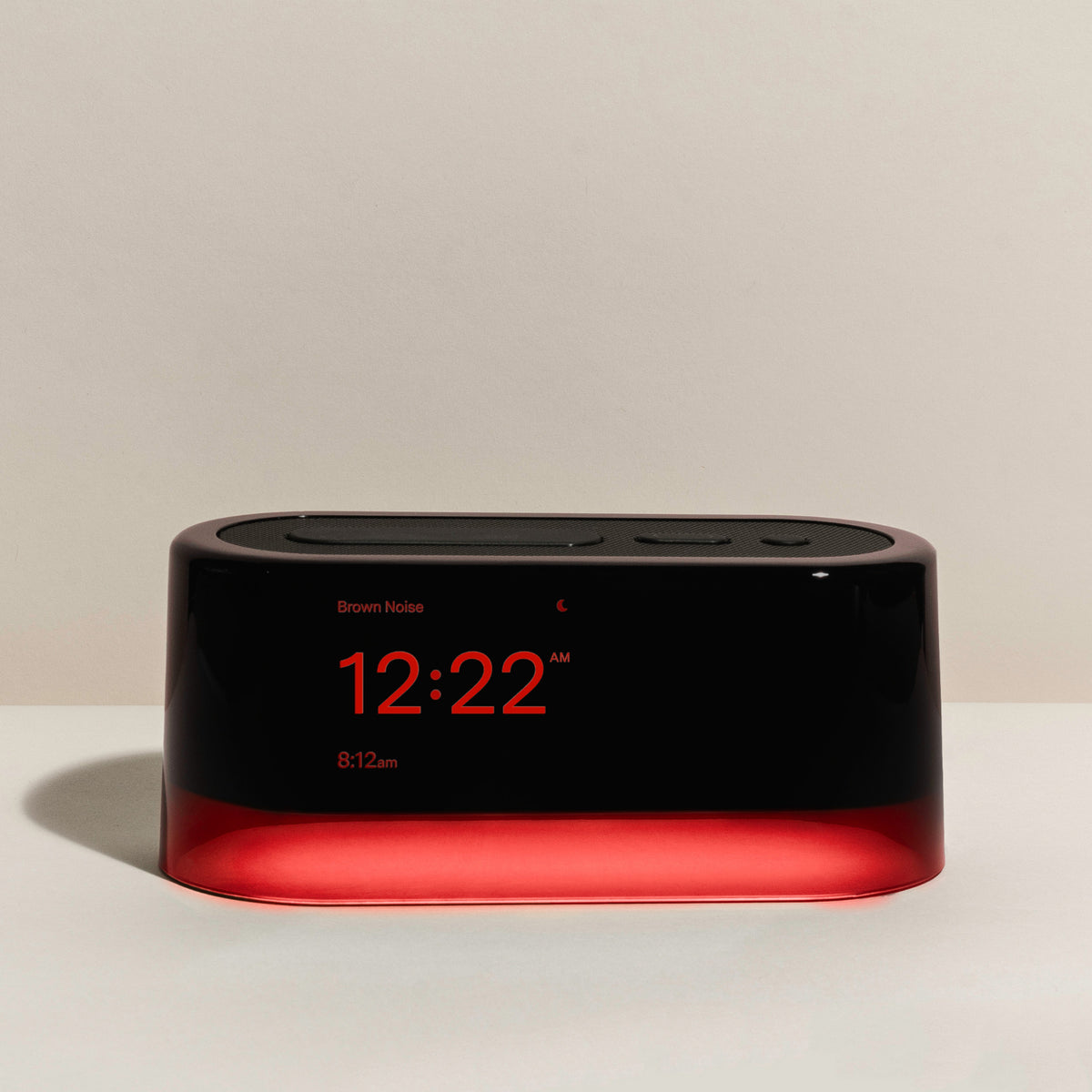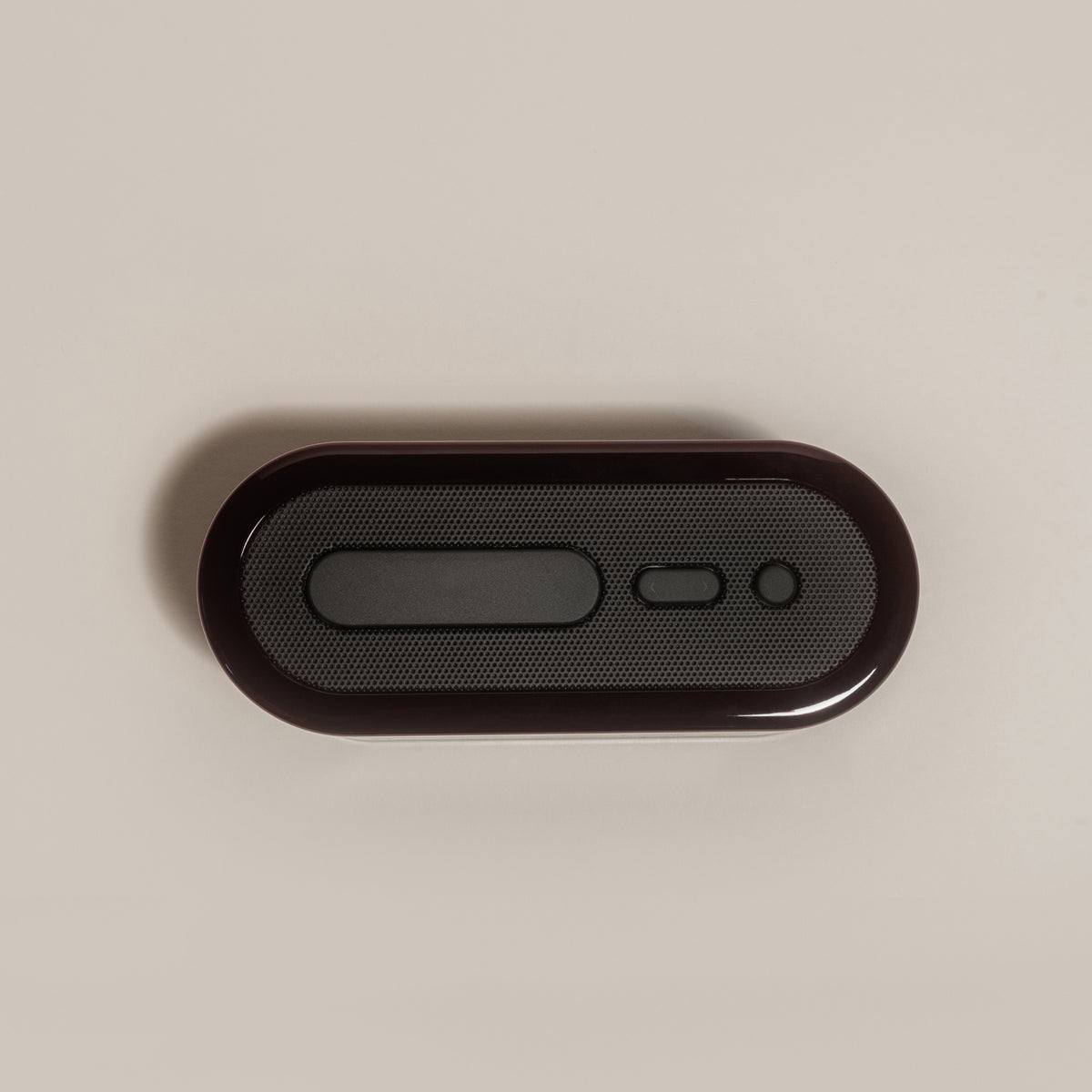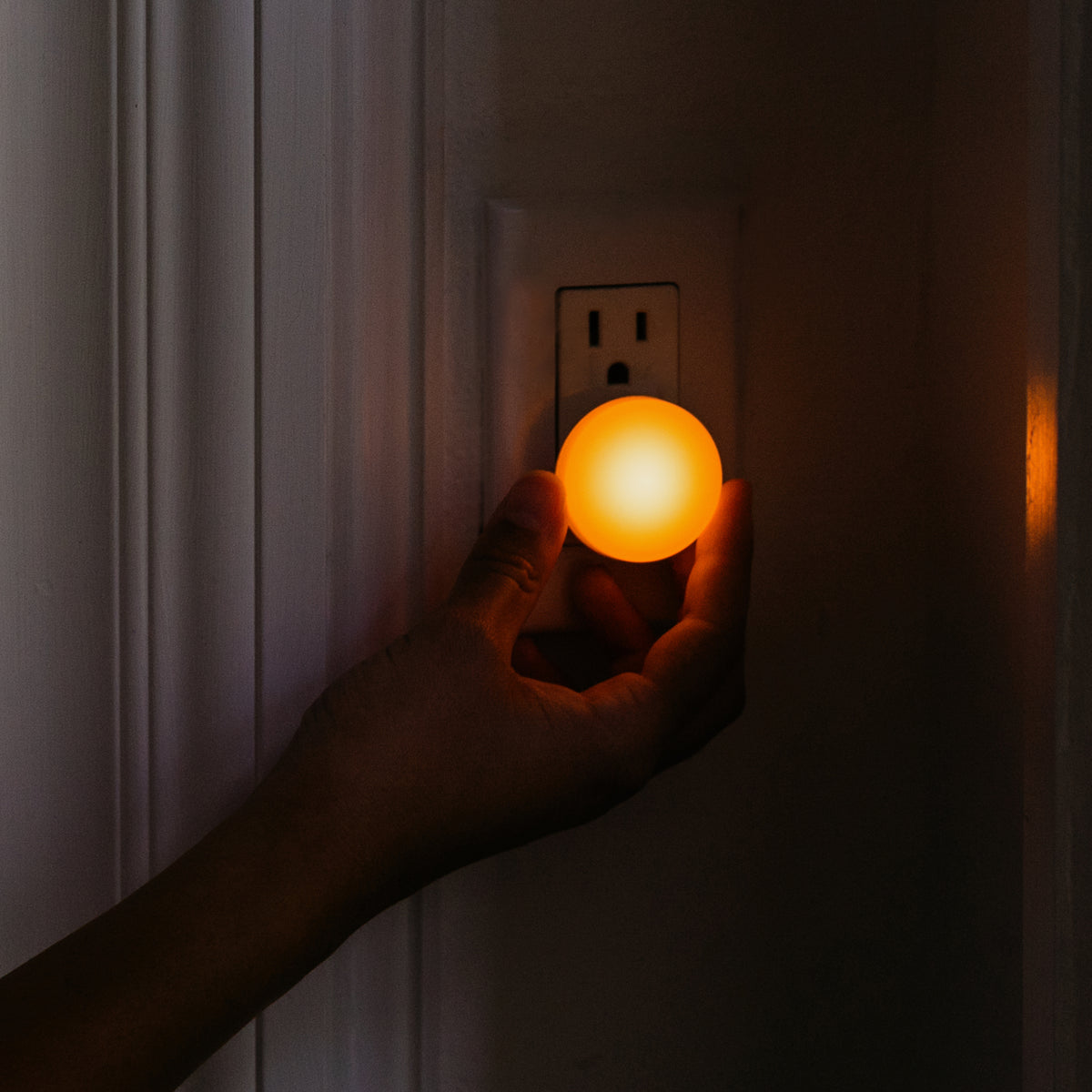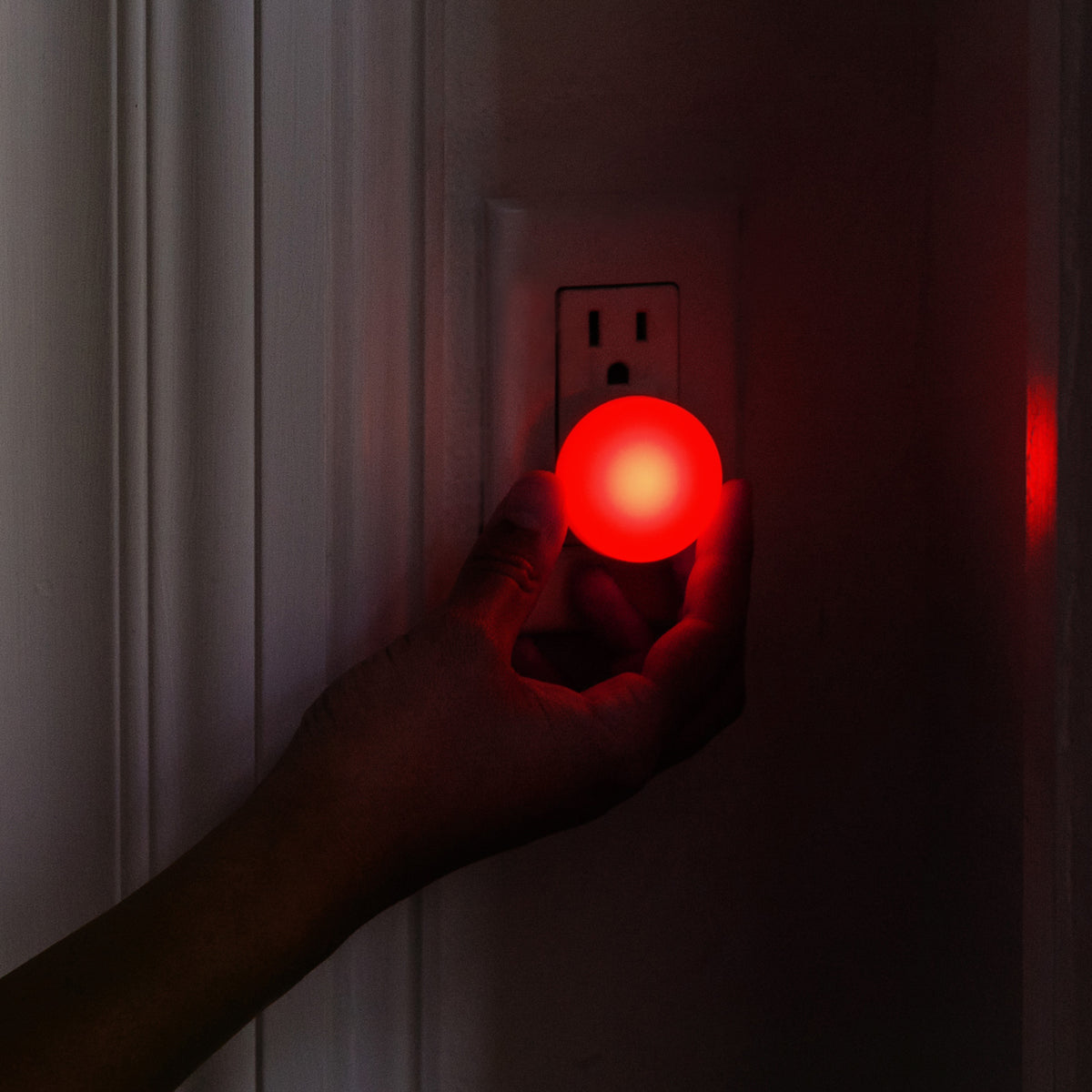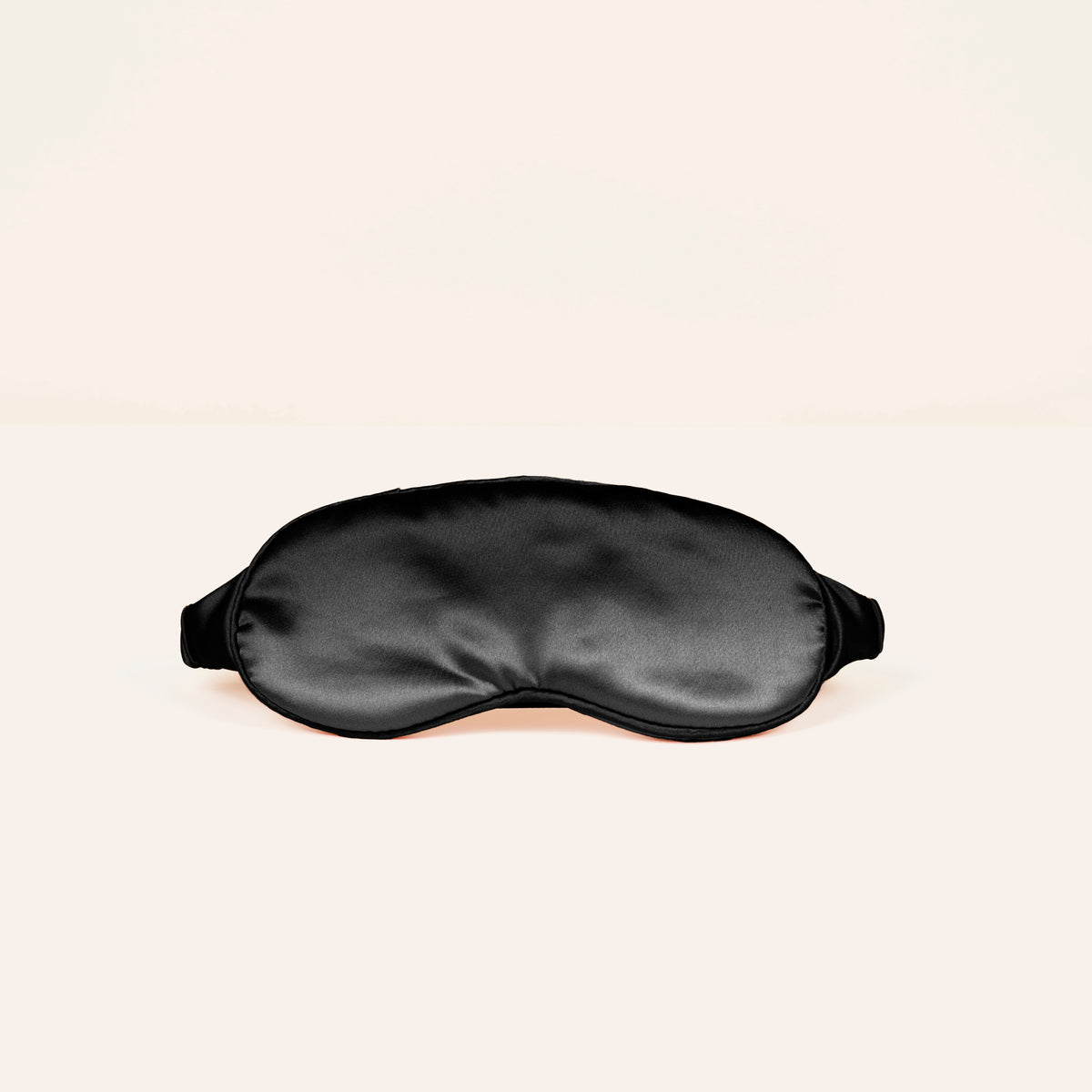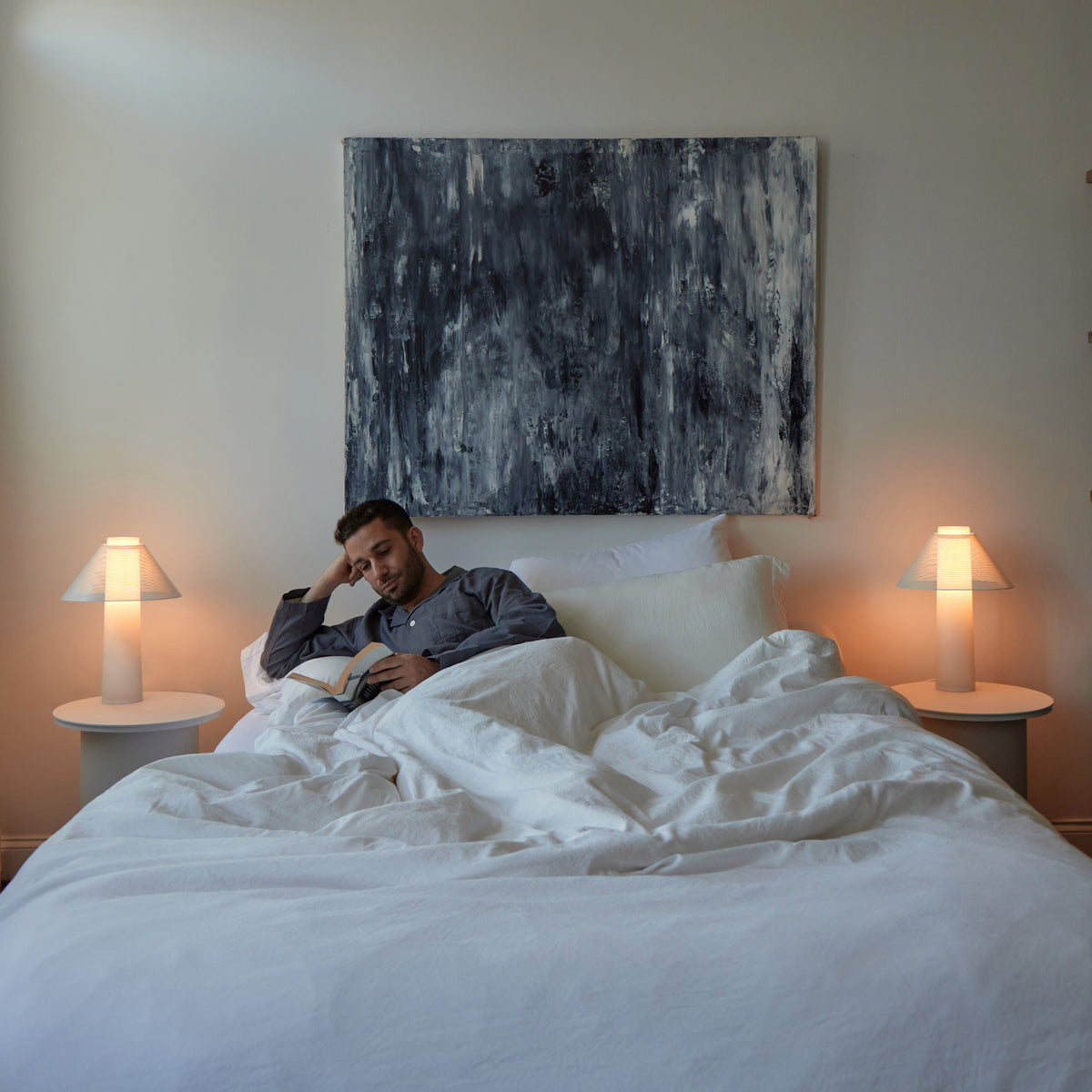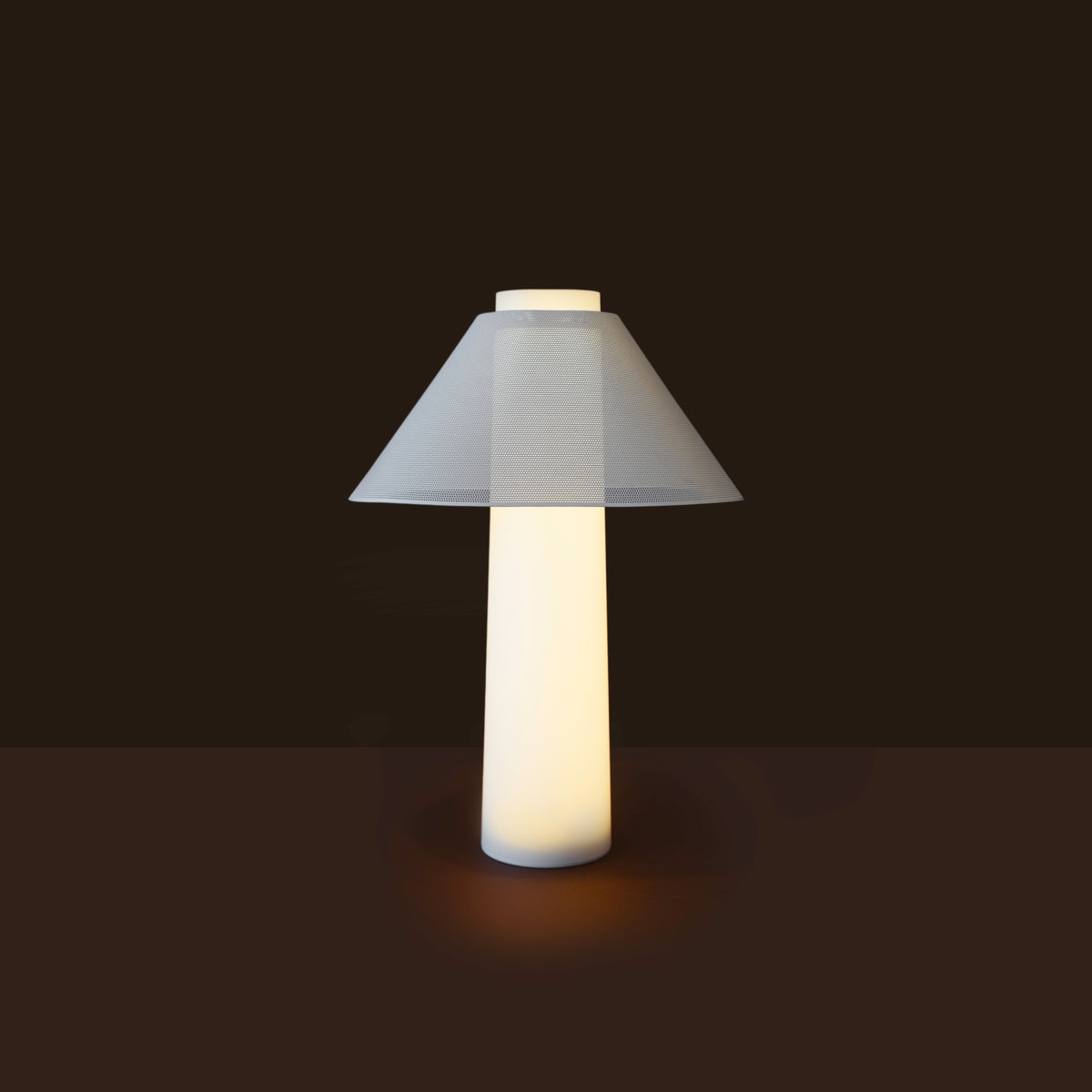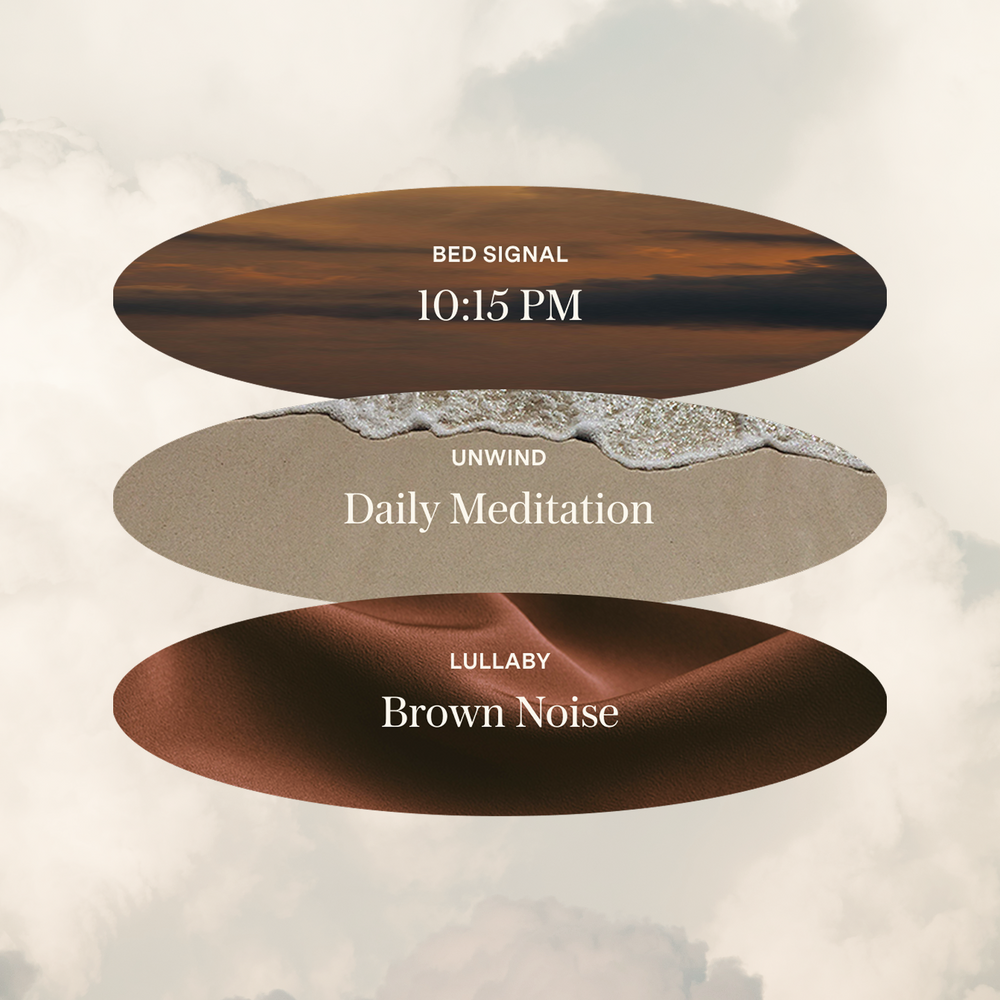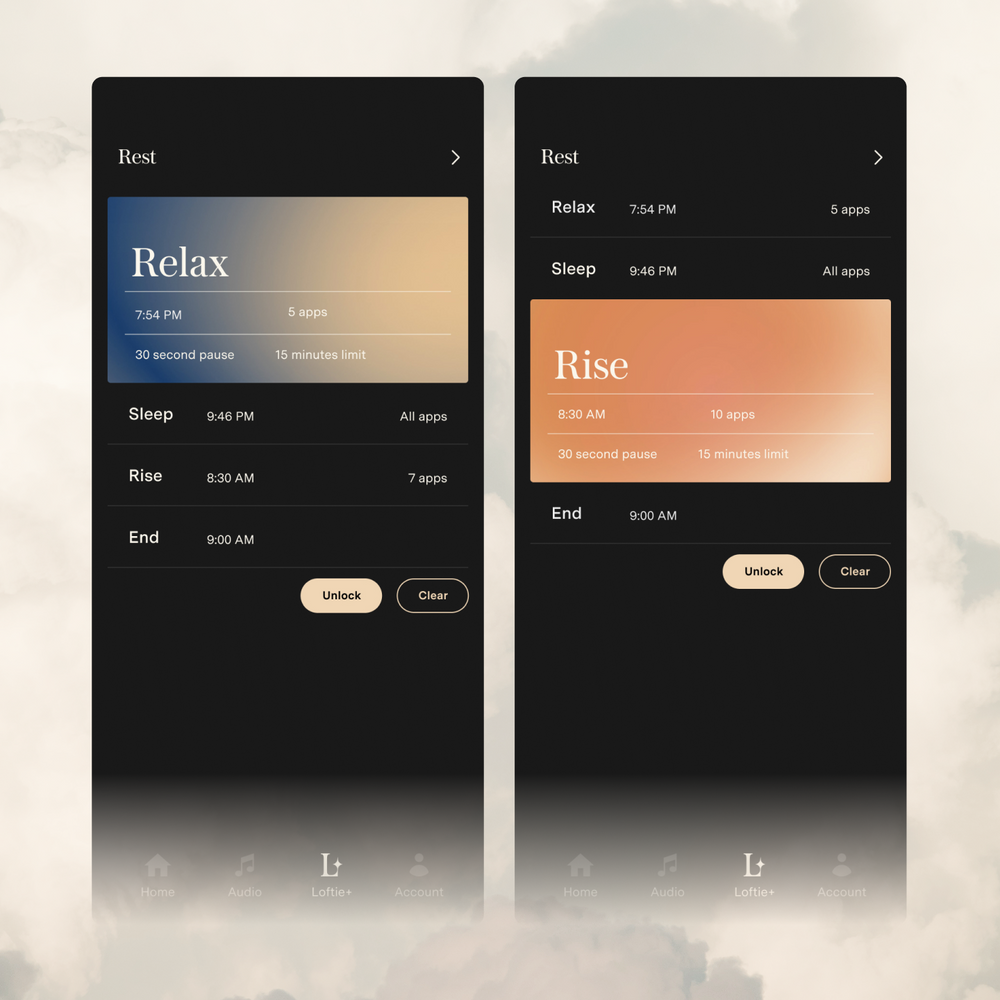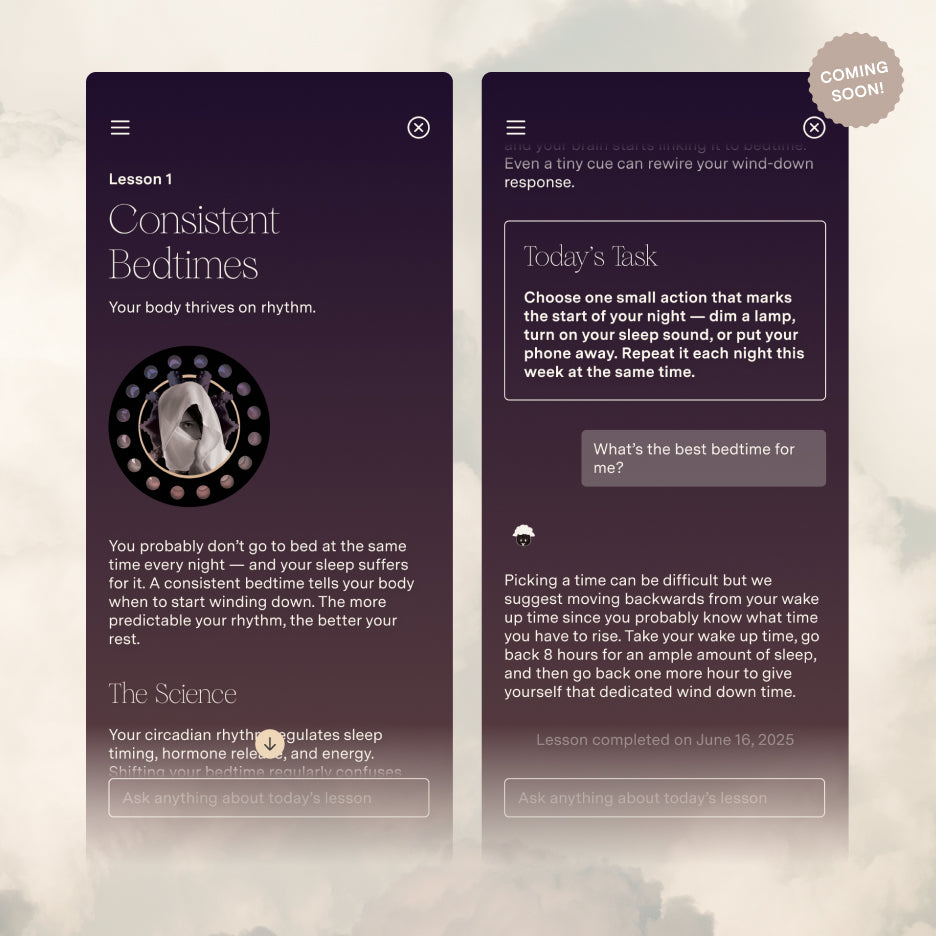Does Having a Sleep Routine Really Matter?
Habits can be tough to break, but as science shows with most behaviors, we can learn how to change through repetition and discipline. A sleep routine helps our body learn to work with us rather than against us. Establishing a consistent sleep schedule and sticking to it will help your circadian rhythm (your body’s natural sleep-wake cycle) adapt so you can fall asleep easier and get better quality sleep over time.
How Can a Sleep Routine Get Thrown Off?
Even if you have a consistent sleep schedule, life has a way of throwing us off when we least expect it. Knowing how to fix your sleep schedule at any given moment can help prepare you ahead of time which can be the difference between feeling your best for a big event and not. Here are some sleep disruptors to watch out for:
- Jet lag: Traveling across multiple time zones can cause your body’s internal clock to be at odds with the day-night cycle at the travel destination.
- Shift work: People who work on a nocturnal schedule have to be awake when it's dark and sleep when the sun's out, disrupting normal circadian rhythm.
- Early birds or night owls: When someone’s sleep phase is shifted forward or back several hours.
- Artificial light exposure: Our brains respond to artificial light similar to natural light, which means our phones, tablets, televisions, and computers can interfere with our natural signal to go to bed or wake up.
- No set bedtime: Sleep schedules that vary day to day or between weekdays and weekends can prevent your body from establishing a steady sleep pattern.
- Caffeine, energy drinks: Stimulants make us feel alert, but they also upset the body's ability to naturally balance sleep and wakefulness, making it more difficult to sleep when you need to.
- Stress: Many sleeping problems are tied to stress, anxiety, depression, and other mental health problems. These conditions can cause the mind to race at bedtime or cause sleepiness during the day.
How to adjust your sleep schedule
It easy to bounce back from an all-nighter when we’re young but what if you have a permanent shift that requires you to be up hours earlier than your body is ready for? These are some lifestyle tips for how to reset your sleep schedule and get on track to feeling your best.Change Your Lifestyle
-
Before bed:
- Write down all the things that worry you in a journal. This way, you can transfer your worries from your mind to paper, leaving your thoughts quieter and better suited for falling asleep.
- Put on a sleeping mask to prevent natural light from waking you up before your set wakeup time.
-
During the day:
- Get a little more active. Walk or exercise for at least 30 minutes on most days.
- No naps!
- Stop or cut back on smoking and drinking alcohol. And reduce your caffeine intake.
- If you are taking any medicines, diet pills, herbs, or supplements, ask your health care provider about the effects they may have on your sleep.
- Find ways to manage stress with a licensed counselor, a friend, or a hobby.
- Learn about relaxation techniques, such as guided imagery, listening to music, or practicing yoga or meditation.
- Listen to your body when it tells you to slow down or take a break.
Choose a set bedtime / wake up time
Choose a consistent wake and sleep time and stick to it—even on weekends. Try to stay within 20 minutes of this chosen time. Like any new habit, our internal clock needs some time to adapt to a new routine. Training your body and mind for the best time to sleep and wake up can take a little practice. Another way to make the transition easier is with the Loftie Clock. This two-phase alarm that mimics your body’s natural waking process and wakes you up gradually. Still struggling to hit your bedtime? Try gradually increasing by 15 or 30-minute increments earlier each night so that you can feel rested but you aren’t tossing and turning.Try not to nap
It may sound counterintuitive to improving sleep, but napping during the day can make it a challenge to establish an optimal sleep schedule. Long naps can cause you to feel groggy because they disrupt deep sleep and inhibit you from sleeping at bedtime, creating a vicious cycle. If you absolutely need to nap, it’s best to nap for less than 30 minutes total and before 3 p.m. so you don’t impede on your scheduled bedtime.Avoid sleeping in
To determine your best time to wake up, pay attention to your body absent of external factors. When do you start feeling drowsy? What time do you feel alert in the morning? Get curious about your natural sleep patterns. Studies show that a consistent sleep routine can have long term health effects on metabolism, blood pressure, cholesterol, and blood sugar. One study found that for every one hour of variability in sleep schedule, the risk of having metabolic syndrome rose by 27%. So try your best not to hit the “Snooze” button. It’s tempting but your body thrives on routine and sleeping in can disrupt your progress.
Turn the lights down
Research shows that light is one of the biggest disruptors of sleep because of its effect on our sleep hormone melatonin. Dark rooms at night encourage melatonin production and make you feel naturally drowsy. It’s best to have a light in your bedroom that can encourage your natural sleep-wake cycle like the Loftie Lamp. This will gradually brighten in the morning then dim in the evening to signal to your body that it’s time to go to bed.Tune out distractions
Whether you live in a city or next to a partner who snores, we can’t always have the ideal peace and quiet we desire. In these cases a white noise machines like the Loftie Clock can be particularly helpful. One study found patients who slept with white noise experienced higher quality sleep than those who didn’t. Researchers concluded that white noise was able to mask the surrounding noise levels which helped patients fall asleep and stay asleep in a noisy environment. You can recreate white noise with a fan, air conditioner, humidifier, or air purifier. Or when all else fails, ear plugs are another low-cost solution to tune out distractions.

